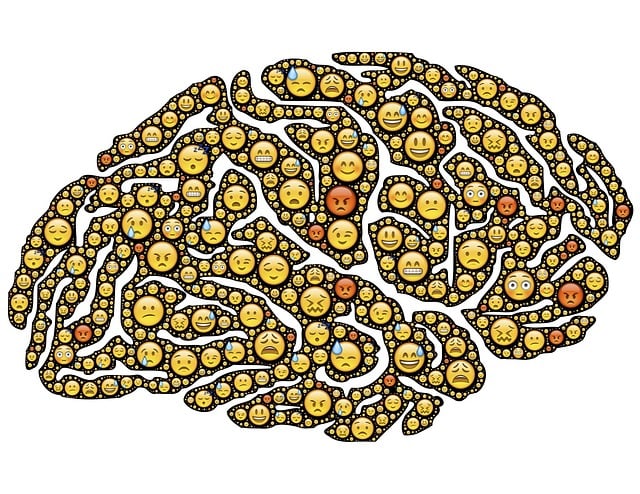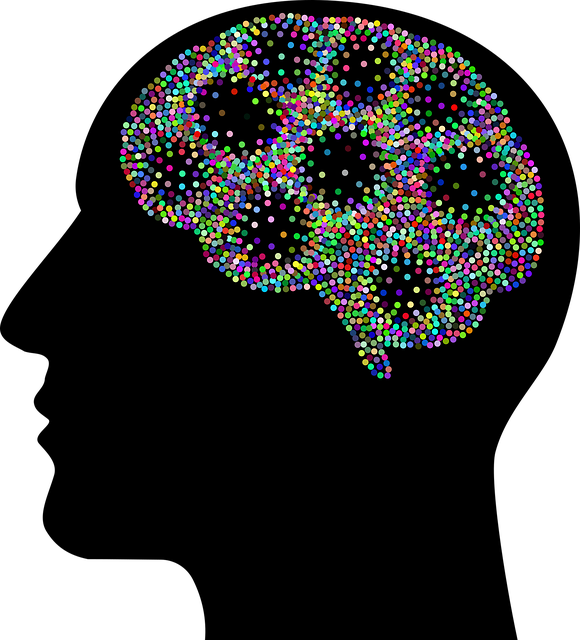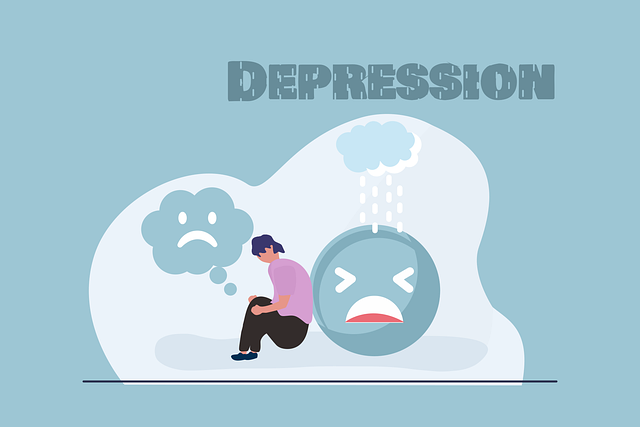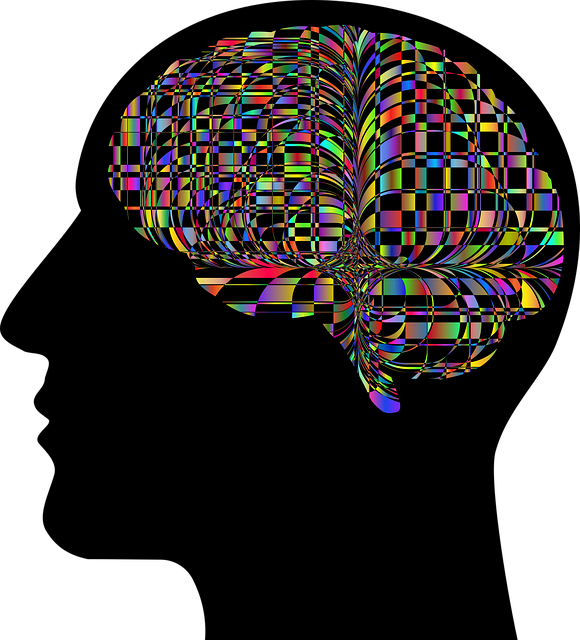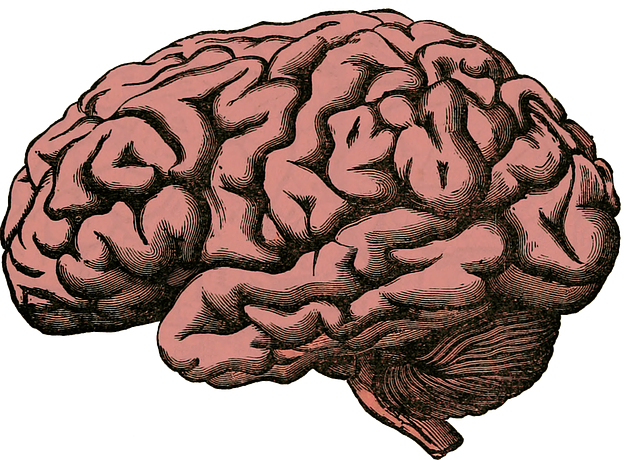For mental health professionals treating Attention-Deficit/Hyperactivity Disorder (ADD/ADHD), tailored therapy interventions are crucial. These structured therapies teach coping mechanisms to manage symptoms, improve focus, organization, and emotion regulation. A comprehensive harm minimization plan includes self-care practices, stress management workshops, 24/7 resources, and protocols for professional help during acute episodes. Regular assessments, feedback, and adjustments ensure optimal outcomes. Integrating mental health policy analysis, compassion cultivation, and crisis intervention guidance facilitates a holistic, supportive approach to improve individuals' quality of life through effective therapy for ADD-ADHD.
Risk assessment and harm minimization planning are vital components in managing individuals with Attention Deficit Disorder (ADD) or Attention Deficit Hyperactivity Disorder (ADHD). This comprehensive guide explores how understanding ADD-ADHD’s unique impact on decision-making can inform effective risk management strategies. We delve into developing tailored harm minimization plans, emphasizing the importance of continuous monitoring and adjustments in therapy for ADD-ADHD to ensure optimal outcomes.
- Understanding ADD-ADHD and Its Impact on Risk Assessment
- Developing a Comprehensive Harm Minimization Plan
- Strategies for Continuous Monitoring and Adjustment
Understanding ADD-ADHD and Its Impact on Risk Assessment

Understanding ADD-ADHD is essential when conducting risk assessment and harm minimization planning, especially within mental health contexts. Attention-Deficit/Hyperactivity Disorder (ADD-ADHD) is a neurodevelopmental condition characterized by difficulties in attention, hyperactivity, and impulsivity. These symptoms can significantly impact an individual’s daily functioning, relationships, and overall well-being. For mental health professionals, recognizing the unique challenges faced by individuals with ADD-ADHD is crucial for effective risk management planning.
Therapy for ADD-ADHD plays a pivotal role in mitigating potential risks and promoting positive outcomes. Through structured interventions and personalized support, therapy helps individuals develop coping strategies to manage their symptoms. This includes enhancing focus, improving organizational skills, and learning to regulate emotions effectively. By fostering inner strength development and emotional healing processes, mental health professionals can empower clients to navigate risky situations with increased resilience, thus minimizing potential harm.
Developing a Comprehensive Harm Minimization Plan

Developing a comprehensive harm minimization plan is an integral step in ensuring effective therapy for ADD-ADHD. This involves a multi-faceted approach to address potential risks and promote well-being. The plan should include structured self-care practices tailored to manage symptoms, incorporating techniques from stress management workshops. Regular review and adjustment of these strategies are crucial, as individuals with ADD-ADHD may experience varying levels of impairment over time.
Additionally, crisis intervention guidance plays a vital role in providing immediate support during acute episodes. This can be achieved through access to 24/7 helplines, emergency contacts, and clear protocols for seeking professional help. By integrating self-care practices, stress management tools, and crisis resources, the harm minimization plan becomes a powerful resource for individuals navigating the challenges of ADD-ADHD while fostering resilience and improving overall quality of life.
Strategies for Continuous Monitoring and Adjustment

In the context of Therapy for ADD-ADHD, continuous monitoring and adjustment are vital strategies to ensure optimal outcomes. Regular assessments and feedback mechanisms allow professionals to track progress, identify emerging challenges, and adapt treatment plans accordingly. This dynamic approach is essential in addressing the complex nature of attention-deficit/hyperactivity disorder (ADHD), where symptoms can fluctuate over time. By implementing robust monitoring systems, therapists can gain valuable insights into what works best for each individual, fostering a more personalized and effective care experience.
Integrating Mental Health Policy Analysis and Advocacy principles into this process encourages a holistic view of harm minimization. Regular reviews should consider not just the immediate symptoms but also the broader impact on daily life, social interactions, and overall well-being. Additionally, incorporating Compassion Cultivation Practices can enhance therapeutic relationships, fostering an environment where individuals feel heard, understood, and supported during these adjustments. In times of crisis, having Crisis Intervention Guidance readily available ensures swift and effective responses, further minimizing potential harms.
Risk assessment and harm minimization planning are essential components in managing individuals with Attention Deficit Disorder (ADD) or Attention Deficit Hyperactivity Disorder (ADHD). By understanding the unique challenges posed by these conditions, such as impulsivity and difficulty with focus, a tailored approach can be developed. This includes creating comprehensive strategies that involve ongoing monitoring and adjustments to ensure safety. Therapy for ADD-ADHD plays a pivotal role in this process, offering tools to navigate daily life more effectively and promote positive outcomes. Through diligent risk assessment, well-structured harm minimization plans, and regular review, professionals can help individuals with ADD/ADHD lead fulfilling lives while mitigating potential risks.

